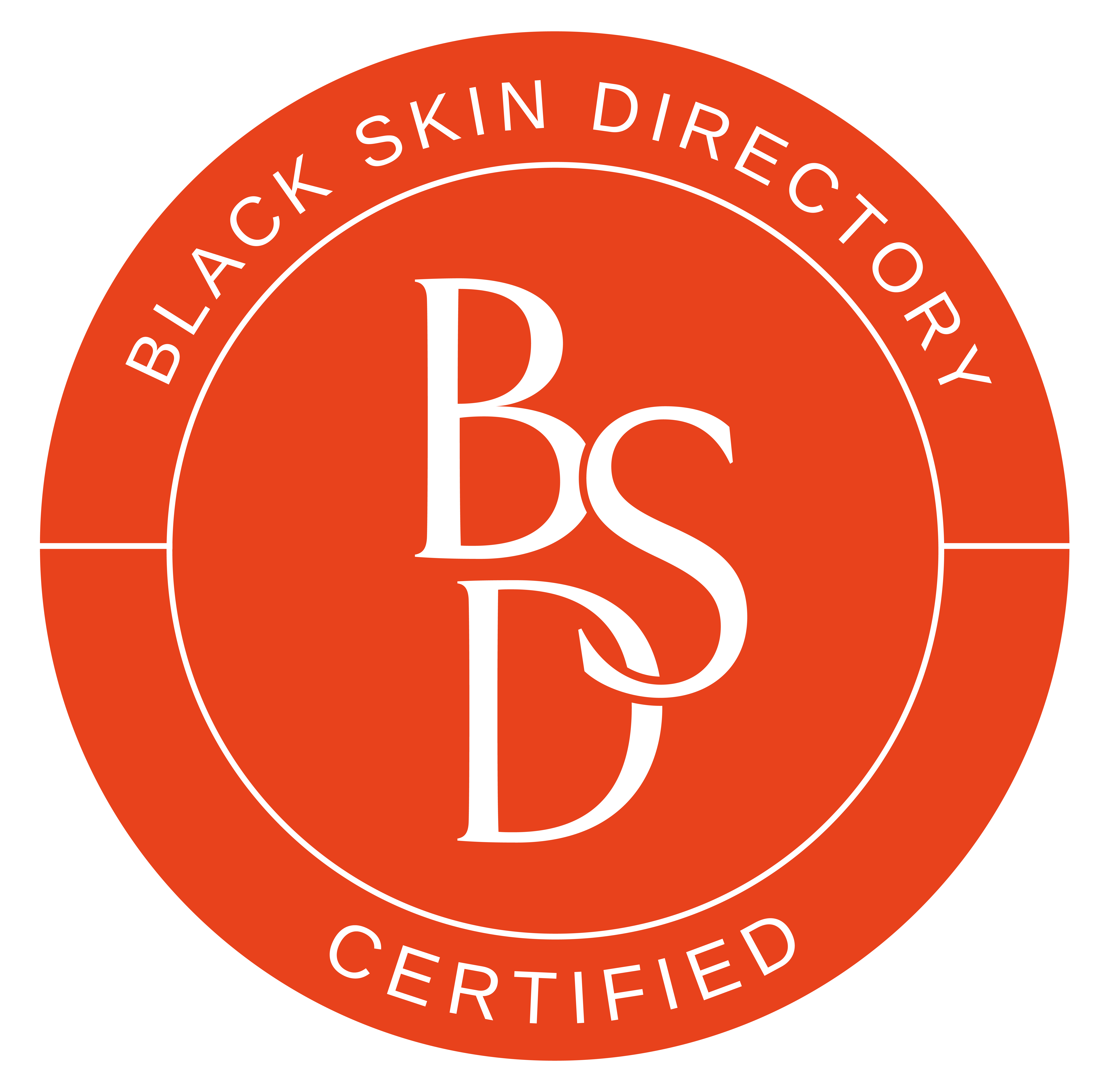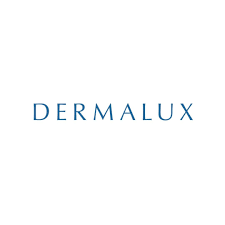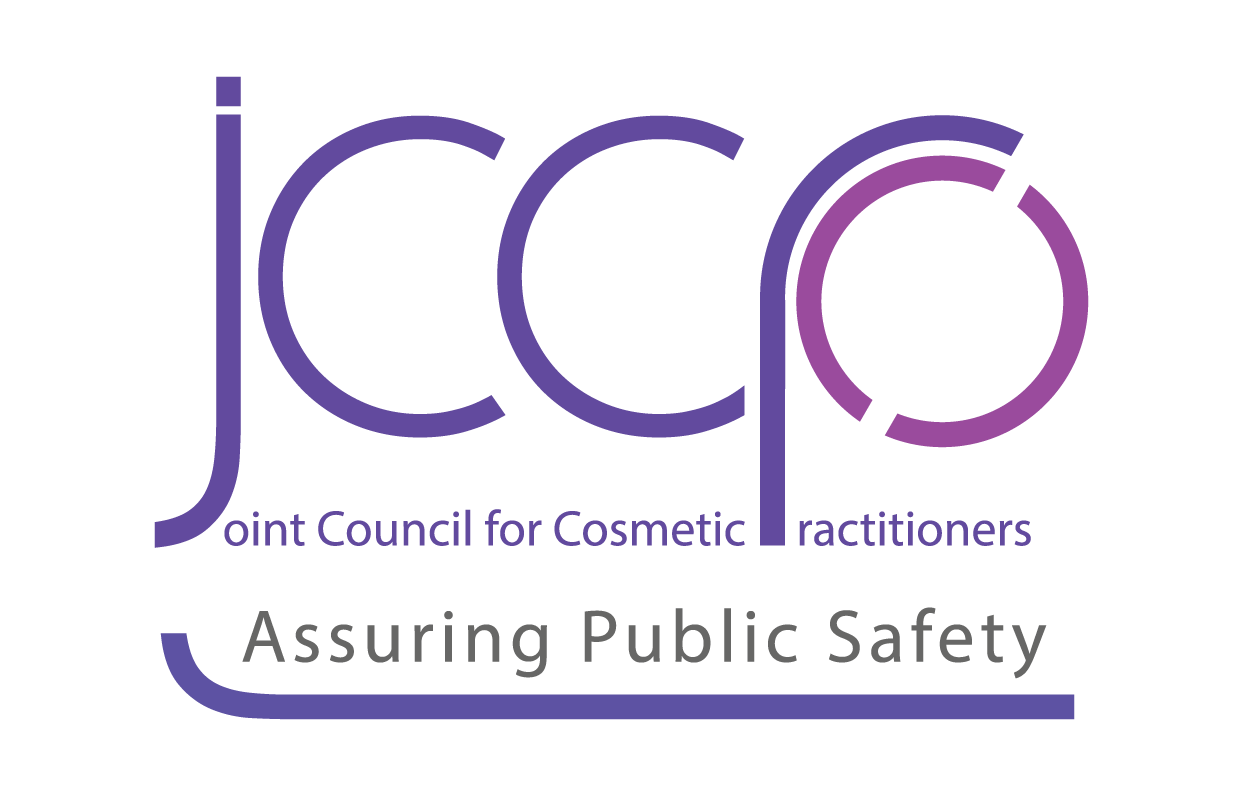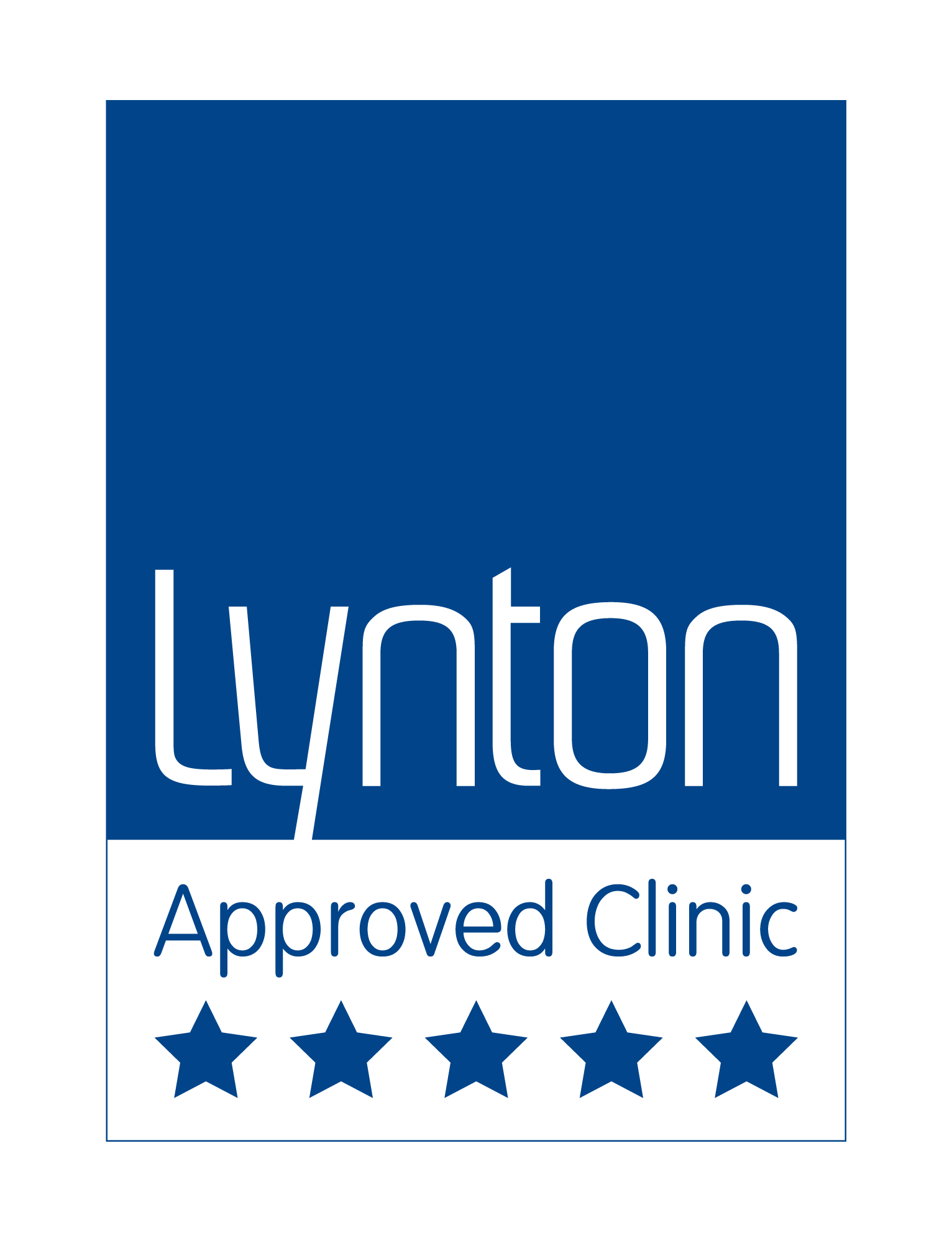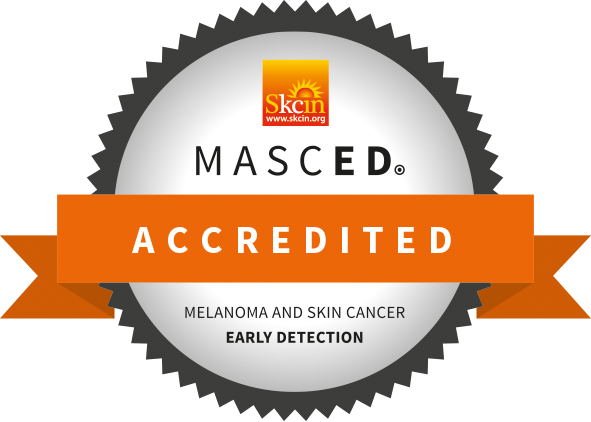Tailoring Facial Treatments to Different Skin Types
Understanding Different Skin Types
Understanding the different skin types is a critical first step in skincare. Skin types can greatly influence the effectiveness of facial treatments and the products that will best suit your needs. Skin types are categorised into five main types: oily, dry, combination, sensitive, and normal. Each type has its own unique characteristics and challenges, which require specific care and attention.
Oily skin is characterised by an overproduction of sebum, which can lead to a shiny complexion and a higher likelihood of acne. Dry skin, on the other hand, tends to lack sufficient moisture and can feel tight, flaky, or rough. Combination skin is a blend, with some areas being oily (typically the T-zone) and others being dry or normal. Sensitive skin can react to various triggers, resulting in redness, irritation, or even breakouts. Normal skin is generally balanced, with minimal imperfections and a smooth texture.
Recognising your skin type is crucial because it determines the types of treatments and products that will work best for you. Using the wrong products can exacerbate skin issues, while the right ones can enhance your skin’s natural beauty and health. This understanding is the foundation for tailoring facial treatments that cater specifically to your skin’s unique needs.
The Importance of Tailoring Facial Treatments
Tailoring facial treatments to your individual skin type is not just a luxury; it’s a necessity for achieving the best results. Customised treatments address the specific needs of your skin, targeting areas of concern and enhancing overall skin health. This personalised approach ensures that treatments are not only effective but also safe, minimising the risk of adverse reactions.
Customised facial treatments can help you achieve optimal results by addressing issues such as acne, dryness, sensitivity, or uneven skin tone. For instance, an oily skin type will benefit from treatments that control sebum production and reduce shine, while dry skin requires deeply hydrating therapies that restore moisture and softness. Tailoring treatments ensures that each session focuses on what’s best for your skin at that particular time.
Moreover, professional guidance in tailoring facial treatments can prevent common skincare mistakes. Skincare professionals are trained to assess your skin type accurately and recommend treatments that are specifically designed to address your unique concerns. This expert advice can make a significant difference in the effectiveness of your skincare routine, leading to healthier, more radiant skin.
Identifying Your Skin Type
Identifying your skin type is a critical step in tailoring facial treatments that meet your specific needs. To determine your skin type, start by observing your skin’s behaviour throughout the day. Here are some common characteristics of each skin type:
- Oily Skin: Excess shine, enlarged pores, frequent acne or blackheads.
- Dry Skin: Flaky patches, tightness, dull complexion.
- Combination Skin: Oily T-zone (forehead, nose, chin) with dry or normal cheeks.
- Sensitive Skin: Reacts easily to products, redness, itching, or burning sensations.
- Normal Skin: Balanced moisture and oil levels, fine pores, smooth texture.
A simple test can also help you identify your skin type. Cleanse your face with a gentle cleanser and refrain from applying any products. After an hour, observe your skin. If your skin feels tight, you likely have dry skin. If there’s noticeable shine, especially in the T-zone, you may have oily or combination skin. Redness or irritation indicates sensitive skin, while a balanced, smooth appearance suggests normal skin.
Once you’ve identified your skin type, you can better select the appropriate facial treatments and skincare products. This knowledge empowers you to make informed decisions and optimise your skincare routine for healthier, more beautiful skin.
Facial Treatments for Oily Skin
Oily skin requires facial treatments that can effectively manage excess sebum production while keeping the skin clean and clear. One of the most effective treatments is a deep cleansing facial, which involves exfoliation and extraction to remove impurities and unclog pores. This treatment helps prevent the formation of acne and blackheads, keeping your complexion fresh and matte.
Another beneficial treatment for oily skin is a clay mask. Clay masks are excellent for absorbing excess oil and tightening pores. They can be used as a standalone treatment or incorporated into a facial to enhance the skin’s texture and reduce shine. Regular use of clay masks can significantly improve the appearance of oily skin, leaving it feeling clean and balanced.
In addition to professional treatments, maintaining a consistent at-home skincare routine is crucial for managing oily skin. Use oil-free cleansers, toners, and moisturisers to keep your skin hydrated without adding extra oil. Look for products containing salicylic acid or benzoyl peroxide, as they help control breakouts and minimise oil production. Remember, booking a consultation with a skincare professional can provide tailored advice and treatment options to keep your oily skin in check.
Facial Treatments for Dry Skin
For dry skin, facial treatments should focus on restoring moisture and hydration. A hydrating facial is ideal for replenishing the skin’s moisture barrier, using products rich in hyaluronic acid or glycerin to lock in hydration. This type of facial often includes a gentle exfoliation to remove dry, flaky skin and improve product absorption.
Another beneficial treatment for dry skin is a nourishing facial mask. These masks are packed with emollients and nutrients that deeply penetrate the skin, providing long-lasting hydration and softness. Ingredients such as shea butter, aloe vera, and honey are commonly used for their soothing and moisturising properties. Regular facial treatments can significantly improve the texture and appearance of dry skin, making it look plumper and more radiant.
In addition to professional treatments, it’s important to incorporate hydrating products into your daily skincare routine. Opt for a gentle, hydrating cleanser and follow with a rich moisturiser. Use serums or oils that contain hydrating ingredients to enhance moisture retention. To keep your skin well-hydrated, consult with a skincare expert for recommendations on the best products and treatments for your dry skin.
Facial Treatments for Combination Skin type
Combination skin presents a unique challenge, as it requires addressing both oily and dry areas simultaneously. Balancing treatments are key to managing combination skin effectively. A combination facial typically involves targeting the T-zone with treatments that control oil, such as clay masks or salicylic acid, while hydrating and soothing the drier areas with nourishing masks or serums.
Microdermabrasion is another effective treatment for combination skin. It gently exfoliates the skin surface, removing dead skin cells and promoting a more even skin tone. This treatment can help balance the skin’s texture by reducing oiliness in the T-zone while improving hydration in drier areas. Regular microdermabrasion sessions can enhance the overall appearance of combination skin, making it look brighter and more balanced.
At home, it’s essential to use products that cater to both oily and dry areas. Opt for a gentle cleanser that won’t strip the skin, followed by a lightweight moisturiser for the T-zone and a richer cream for drier areas. Regularly exfoliate to prevent clogged pores and enhance product absorption. Consulting a skincare professional can provide personalised recommendations for products and treatments that best suit your combination skin.
Facial Treatments for Sensitive Skin
Sensitive skin requires gentle and soothing facial treatments to avoid irritation and discomfort. Calming facials are designed to reduce redness and inflammation using products that contain soothing ingredients such as chamomile, aloe vera, and green tea extract. These treatments work to strengthen the skin’s natural barrier, making it more resilient to external irritants.
LED light therapy is another excellent treatment for sensitive skin. The gentle, non-invasive light penetrates the skin to reduce inflammation and promote healing. This treatment can be particularly beneficial for sensitive skin that’s prone to redness or rosacea, as it helps calm and soothe the skin without irritating.
For your at-home skincare routine, choose products specifically formulated for sensitive skin. Avoid harsh ingredients like alcohol or fragrances, and instead opt for hypoallergenic products that are free from common irritants. A consultation with a skincare professional can help you identify gentle treatments and products that will keep your sensitive skin healthy and glowing.
Facial Treatments for Normal Skin Type
Normal skin is generally well-balanced, but that doesn’t mean it doesn’t require care. To maintain its natural beauty, regular facial treatments are essential. A classic European facial is an excellent choice, as it involves cleansing, exfoliation, extraction, and massage to maintain skin health and vitality.
Vitamin C facials are also highly beneficial for normal skin. They focus on brightening and protecting the skin using antioxidants that neutralise free radicals and promote collagen production. This treatment can enhance your skin’s natural glow and keep it looking youthful and fresh.
Maintaining a simple yet effective daily skincare routine is key for normal skin. Use a gentle cleanser, hydrating toner, and a lightweight moisturiser to keep your skin balanced. Regularly incorporate antioxidant-rich serums to protect against environmental damage. For personalised advice on maintaining your normal skin, consider booking a consultation with a skincare expert.
Tips for Maintaining Healthy Skin Post-Treatment
Aftercare is crucial for maintaining the results of your facial treatment and ensuring long-term skin health. Here are some tips to keep your skin looking its best post-treatment:
- Hydrate: Drink plenty of water to keep your skin hydrated from within.
- Sun Protection: Always apply a broad-spectrum sunscreen to protect your skin from harmful UV rays.
- Gentle Cleansing: Use a mild cleanser to avoid stripping your skin of its natural oils.
- Moisturise: Keep your skin moisturised with products suited to your skin type.
- Avoid Harsh Products: Refrain from using exfoliants or retinoids immediately after treatment to prevent irritation.
Consistent skincare is essential for maintaining the benefits of your facial treatments. Follow the advice provided by your skincare specialist, and don’t hesitate to reach out for further guidance. If you’re ready to experience the benefits of tailored facial treatments for your skin type, book your consultation today and take the first step towards healthier, more radiant skin.




